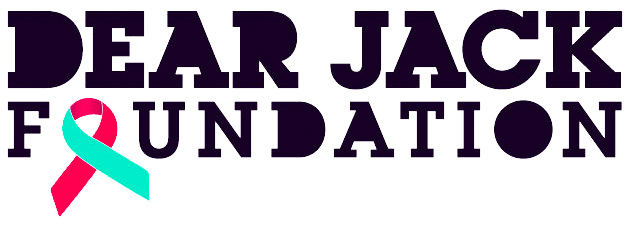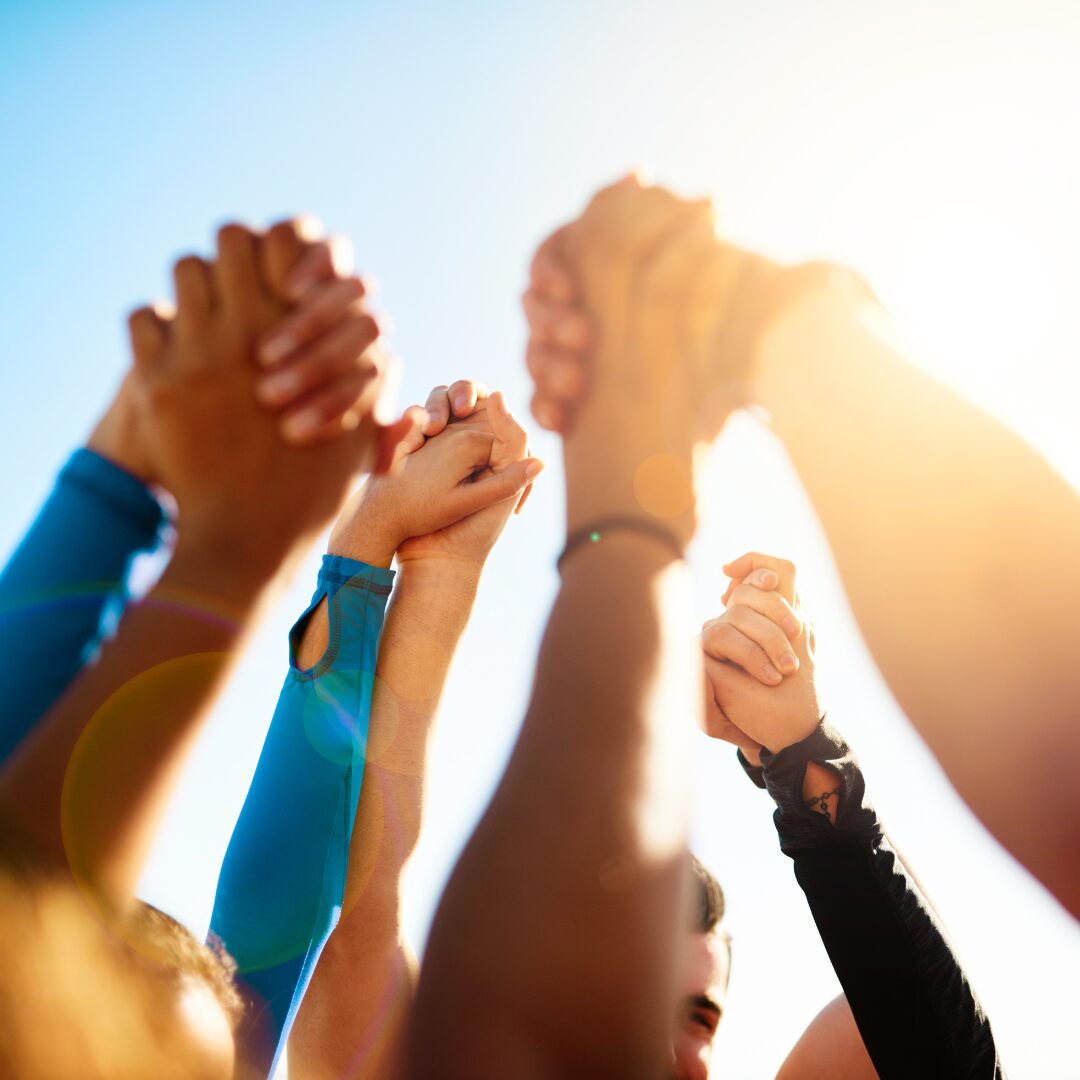Dear Jack,
My name is Gina, and I am a youth and adolescent social worker and two-time cancer survivor. I have a few things I’ve been trying to put into words for a long time. Although I know my voice is one of many, I have learned to use it to help others, even when I sometimes need help myself. It has taken me years of therapy, self-discovery, and self-healing to reach where I have gotten today.
My story and journey with Cancer has been a long one. To understand where I am now as a survivor, it is important to go a little into the story of how I fought.
When I was two months old I was diagnosed with Neurofibromatosis Type 1, a genetic and neurological disorder that essentially prevents my body from fighting tumors as easily as other people can. While that is an oversimplification, it is enough to understand what happened next. While I have experienced various symptoms throughout my life, everything changed when I was diagnosed with a benign brain tumor in 2005, my Seventh Grade year. After a year of chemotherapy and multiple surgeries, I was fortunately clear of issues for a decade. In November of 2016 I noticed a mass in my left breast, which seemed odd to me. After doubts and many doctors appointments, this mass came back positive as Type 2, Triple Negative Breast Cancer. I was 23 and this was “unheard of” for someone my age, which, of course, provided no comfort. At this time I was in my final semester of Graduate School, and questioning why this was thrown in my way. After both diagnoses I was at my lowest point. I remember stating that after the second diagnosis, I didn’t believe I had it in me to go through the chemotherapy and surgeries again, and that I didn’t want to try and fight. Both times I experienced crippling anxiety and depression which impacted my will to fight, my energy, and my healing.
I don’t think there are many cliches that can help here, but one thing that made a huge difference early on was receiving a huge self-care basket and two dozen white roses (my sorority’s flower) from a group of loving sorority sisters. Never the one to feel comfortable receiving generous gifts, in an odd way, that basket was a huge turning point because of how much love it represented.
Over the years, I too have put together many baskets for friends going through chemotherapy or other medical issues. Amongst all the goodies there are three things that helped me through my journey the most that cannot be placed in a basket and wrapped with ribbon: a sense of humor, self-care, and a good support system. Now, I know that I’m coming off like a social worker here with those suggestions, but these are approved strategies from both a social worker and an AYA survivor.
I know that other AYA Survivors have written to you about this before. But some days my sense of humor – no matter how dark or weird – has saved me from crumbling. I’m not going to lie, I didn’t handle my first bout well at all. I didn’t have this sense of humor and was extremely depressed. I was fortunate to have amazing family, friends, and educators supporting me, but it was not an easy time in my life. When I read John Green’s book The Fault in Our Stars, I cackled my way through the section that discussed “cancer perks”. It took me a long time to grow into being comfortable embracing these things with a sense of humor. In fact, I don’t think it happened until 2017. When I learned that I would need to get a double mastectomy, I stated that I wanted to get inspector gadget-like implants, where I could have things like laser beams and Katy Perry’s Whipped Cream Bra. While this was shot down, I tried focusing on what positives I could. I got a hilarious image in my head of wheelchair racing down the halls of a nursing home in the future along with my friends. I told them that I would win because they would be tripping over their own sagging boobs, and I would have the best boobs in the home! They all conceded and agreed with this, which in a weird way became a mantra.
Another mantra that was developed: “Cancun or Bust” (get it?!). At the beginning of my treatment a group of friends and I decided that when I was healthy and in the clear, we were going to go on an amazing vacation to celebrate. And boy did we have a lot to celebrate! We fantasized about this trip collectively for over a year and a half, and came up with so many breast-themed puns and inside jokes, that time went faster. You could certainly say that it was the “Breast time of our lives.”
Focusing on planning this trip helped me keep focused on the future and looking forward. I am the type that LIVES by my calendar to survive, often planning self-care months ahead of time including concerts, trips, and dinners with friends. Self-Care doesn’t always have to be bath bombs, meditation, and journaling (although they are great strategies), it can be a simple thing. Find a concert that you want to go to (Thanks, Andrew!), plan a dinner ahead of time with that friend that is hard to get together with, or do what makes you feel good. One of my favorite lines to use as a social worker is that “self-care” and “coping strategies” mean you intentionally do things that you already enjoy doing, but when you need to feel better. It’s not some huge skill that needs to be acquired. Self-care isn’t just for the person who is battling or struggling now, it’s an important part of maintenance.
I suppose I should “sneak” this in here – Another major form of self-care is therapy. Never be ashamed of seeking therapy. Having that hour every so often to process my thoughts, feelings, and emotions is vital to my well-being. There are amazing counselors, psychiatrists, social workers, and other professionals out there who want us to live life to its highest quality in the face of adversity. I have the best support system that anyone could ask for, including an absurd number of therapist friends and family members, but the truth is: they cannot provide those services for me, and that is okay. My therapist is someone who not only gives me strength, but helps me find my own inner strength. That’s really important in finding a support system.
Your support system may come in places that surprise you. People you haven’t heard from in a while that reach out (they seem to come from nowhere, don’t they!?), to coworkers, or people that you meet along the way. My family has always been there for me, including the one time my dad cut up my cube steak for me at age 24 because he thought I was probably too tired to cut my own meat after a rough allergic reaction to chemo (yes, he’s the best). I truly am lucky to have the people I have in my life.
However, the opportunity to go to camp for kids with cancer has given me lifelong friends that understand me in ways that my family and friends cannot, and to be honest I hope they never truly get it. Empathy goes a long way, but it is nice to have people who you know…get it. Jack, I get it, unfortunately. That’s why I think it’s important to write this letter. Friends can come and go at weird times and in the face of battles, but never dismiss those around you as a support system. No matter what part of the journey they joined on, they’re important, because survivorship is a never-ending battle. Some people may not be the one to go to for emotional support, but if they can provide you with a laugh, they are important for your well-being. The people who help you shine when you feel dim, and who can literally help you limp down the street if you need it. Find the people that amplify the strengths you already have.
As a survivor, I’m sure you are also extremely sick of hearing about how STRONG you are. The truth is, being a survivor (or warrior), isn’t always about being strong. I remind my clients every single day that you aren’t expected to always be a beacon of strength, and sometimes you have to define that for yourself. When I think of the word strong I typically think of the dreamy Dwayne the Rock Johnson, the late John McCain, or our military members. But the truth is that we are all battling our own battles every single day. While some may be hiking literal mountains, or fighting wars in foreign lands, sometimes our battle occurs in the bedroom. Sometimes we have to find the strength to get out of bed, and some days, we may even lose that battle. Depression and late effects of cancer treatment are no joke and learning to take care is important.
True warriors do not compare battles. True warriors know that all people fight their own battles; with their body, in their heads, or on foreign lands. I try to remind others that you don’t know what someone is going through. Even though I am a survivor like you, I do not know what you are going through,ut I am here to empathize, and many other people are too. The best thing that we have in this fight is others. And while it’s a cliche I hate hearing- Jack, I admire your strength, and it truly does give me the strength I need to get out of bed some mornings.
Being a survivor is a continuous journey. On one hand, look at what we’ve overcome! On another, side effects last forever, chemo brain is very real, and there is always fear of the future. DO NOT discredit yourself. Find those who give you strength, remember that it is brave to seek help when you need it, plan some self-care, and find something to laugh about – even if it’s just a video of baby goats in pajamas.
Our strength, tenacity, and desire to fight will come from somewhere, and I know that I will always be seeking that.
Thank you for giving me strength,
Gina
AYA Cancer Survivor & Social Worker


